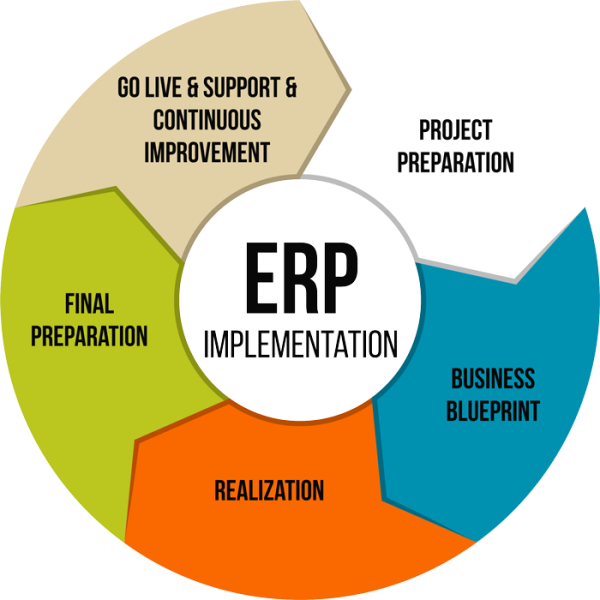
Dynamics 365 is a suite of cloud-based business applications developed by Microsoft that encompasses various modules for Customer Relationship Management (CRM) and Enterprise Resource Planning (ERP) functions. If you’re considering implementing Dynamics 365 in your organization, consulting and implementation services can be essential to ensure a successful deployment. Here’s an overview of what these services typically entail.
 Needs Assessment: Consultants will work with your organization to understand your specific business needs, challenges, and goals. They will analyze your existing processes and systems to identify areas where Dynamics 365 can add value.
Needs Assessment: Consultants will work with your organization to understand your specific business needs, challenges, and goals. They will analyze your existing processes and systems to identify areas where Dynamics 365 can add value.
Customization and Configuration: Dynamics 365 is highly customizable. Consultants will configure the platform to match your unique requirements. This includes defining data models, workflows, business rules, and user interfaces.
Data Migration: If you have existing data that needs to be moved to Dynamics 365, consultants will help plan and execute the data migration process. This can be a complex task to ensure data consistency and accuracy.
Integration: Often, businesses use other software systems alongside Dynamics 365. Consultants can help integrate Dynamics 365 with other applications, such as accounting software, email systems, or third-party tools. This ensures smooth data flow and reduces redundancy.
Testing and Quality Assurance: Consultants will conduct rigorous testing to identify and resolve any issues, ensuring that the ERP system functions correctly and meets your business requirements.
User Training: Change management is crucial. Consultants provide training to your staff, ensuring they understand how to use Dynamics 365 effectively. This training can be tailored to different user roles within your organization.
Go-Live Support: During the transition to the new ERP system, consultants will provide support to address any immediate issues and ensure a smooth go-live process.
 Post-Implementation Support and Maintenance: After the ERP system is live, ongoing support and maintenance are essential. Consultants can offer support services to handle updates, bug fixes, and system enhancements as needed.
Post-Implementation Support and Maintenance: After the ERP system is live, ongoing support and maintenance are essential. Consultants can offer support services to handle updates, bug fixes, and system enhancements as needed.
Upgrades and Updates: Microsoft regularly releases updates and new features for their ERP systems. Consultants will help plan and execute system upgrades to take advantage of these improvements.
Performance Optimization: As your organization grows, you may need to optimize the ERP system for improved performance and scalability. Consultants can identify areas for improvement and implement necessary changes.
Security and Compliance: Consultants ensure that your ERP system adheres to data security and regulatory compliance standards. They will configure security settings and user access controls to protect sensitive information.
Reporting and Business Intelligence: Consultants can help you design and develop custom reports and analytics dashboards, enabling you to gain valuable insights from your ERP data.
Selecting the right consulting partner for your Microsoft Dynamics 365 implementation is crucial. Look for a consulting firm with extensive experience in ERP/CRM/BI/AZURE/M365 projects, a deep understanding of your industry, and a track record of successful implementations. Additionally, ensure that the consulting team includes professionals with expertise in Microsoft solutions.
The specific services provided can be tailored to your organization’s needs and the particular Microsoft business solutions you are implementing, whether it’s Dynamics 365 or another Microsoft offering.
